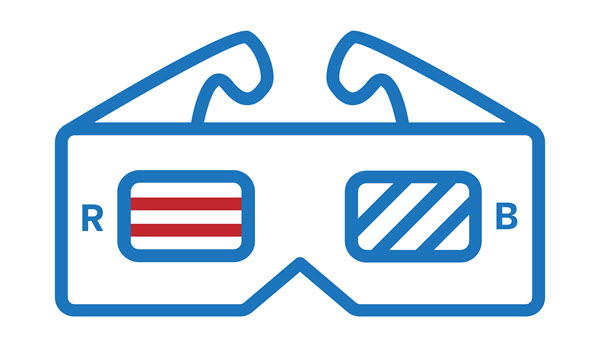
“We could use a fresh set of eyes on this.”
We often utter this common saying when we recognize we are too close to a particular situation to see it clearly. It speaks to our intuitive sense that “more of the same” will not magically create a solution when current patterns of problem solving have failed.
The hope is that “fresh eyes” will provide new and different perspectives from someone or someone-s with diverse experiences who are not so close to the problem. Those different perspectives could come from anywhere — friends, colleagues, family members, or from a stranger who overhears a conversation and offers a story.
We have consistently sought fresh eyes during the course of our collaboration. We would create what felt like a breakthrough in our conversations, then put it in writing. We edited early and often, seeking to distill our thought processes as concisely as possible. After doing so, we would send the result – a graphic, piece of writing, or PowerPoint slide – to a group of trusted advisors for input. What came back was often surprising, always helpful.
While many people contributed, three deserve a special mention – Julian Kaufmann, Lisa Kimball, and Warren Wilhelm. Individually and collectively they encouraged us while challenging us to remember our customers need a model and tools that are simple, valuable, and applicable. Their comments would send us back to the drawing board for more conversations and further refinement – then we’d repeat the feedback cycle again.
We hope the Complexity Space™ Framework (CSF) provides that “fresh eyes” perspective for leaders trying to make change happen in their organizations. We are confident the combination of:
- Two complementary paradigms (the “Red” Lens and “Blue” Lens paradigms)
- “Both/And” perspective that acknowledges both traditional and non-traditional views of systems are always present and always in a state of dynamic change (3-D glasses)
- Introduction of user-friendly, easily implemented and practical applications from the non-linear sciences (simple language, not based on complicated statistics), and
- Robust application (the CSF is useful in any team or organization with two or more people) …
… will provide concepts, distinctions and tools that help change agents find new ways to deal with the “sticky,” “wicked” issues that are a reality in today’s organizations.
Learn more about the Complexity Space™ Framework at www.complexityspace.com, or purchase our book, Complexity Works! Influencing Patterns of Change in Teams and Organizations at http://tinyurl.com/Complexity-Works.


